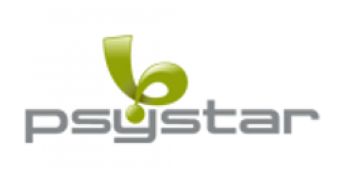Reports are flying in saying Psystar has filed for Chapter 11 bankruptcy protection through a federal court in Florida. The move will allow the Mac cloner to breath in and out for a while as Apple seeks to destroy its business for breaking the Digital Millennium Copyright Act and the Mac OS X Leopard EULA.
The news comes via The Mac Observer, which reports that Psystar, the maker of unauthorized Mac-running computer clones, has filed for Chapter 11 bankruptcy over the Memorial Weekend. With the filing for Chapter 11 bankruptcy protection, all legal actions against Psystar have been put on hold.
However, bankruptcy proceedings will now be the major focus of the case, a hold that will last no more than a few months, reports suggest. Excerpts from the TMO report are available below.
Unauthorized Mac clone maker Psystar has filed for Chapter 11 bankruptcy protection in Florida, temporarily slowing down Apple's legal case against it. The filing may be an indication that the company's financial backers have pulled out, signaling they see Apple as the clear winner in court.
The bankruptcy documents were filed with the Federal Courts in Florida on Thursday, and Apple's legal team was most likely made aware of the situation over the Memorial Day weekend.
Psystar may be able to shake off some tension this time around, but only until June 5, the first date of the bankruptcy hearings. It is being reported that the Mac cloner will be required to disclose its equity creditors on that particular day, which may just confirm Apple's theory that Psystar is getting outside help. Some even speculate Microsoft may be involved as well.
Softpedia note
Despite the filing, Psystar continues to sell the Open personal computers with Mac OS X Leopard pre-installed. And while Apple is busy fighting the Florida-based cloner, others are constantly trying their luck, engaging themselves in similar activities. Most would-be cloners hide behind their state legislature, which, in most cases, prevents companies like Apple from imposing restrictions after the product (a copy of Mac OS X) has been legally purchased.

 14 DAY TRIAL //
14 DAY TRIAL //